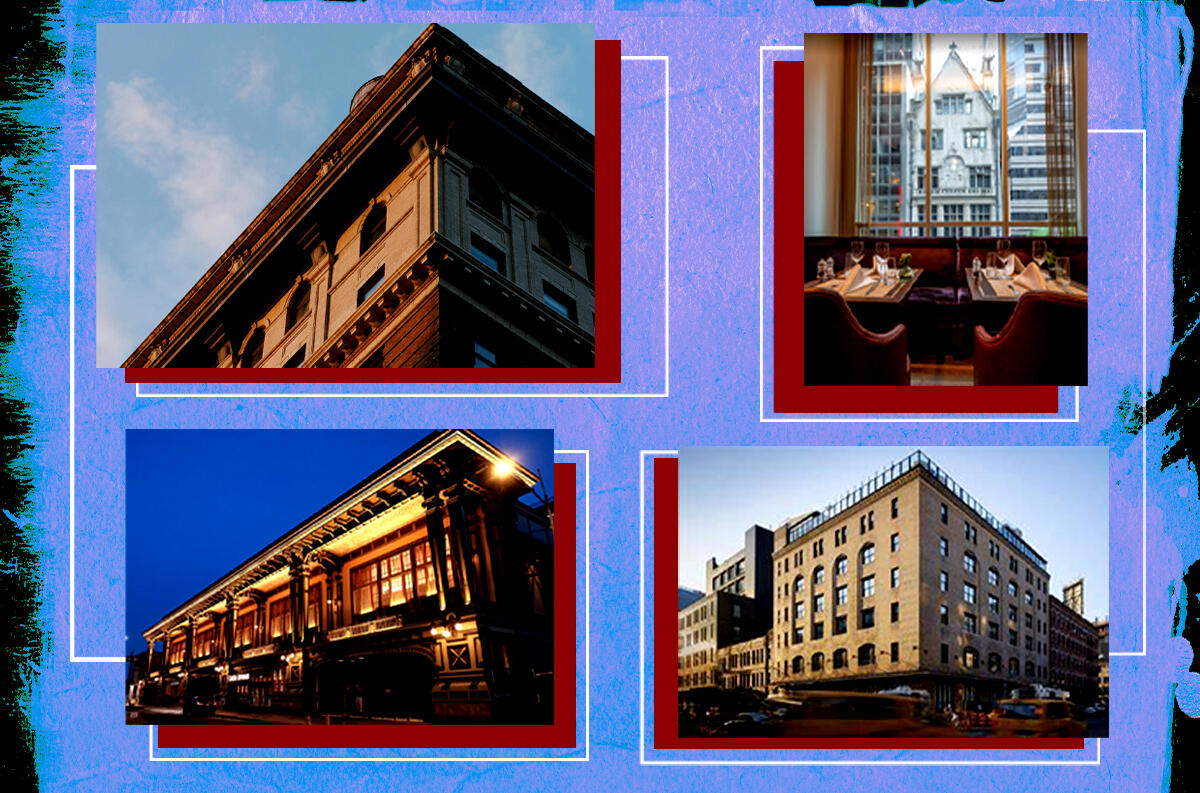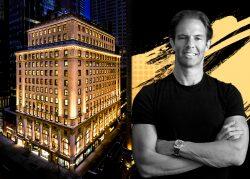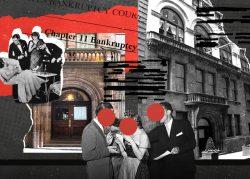When an agent approached Devin Someck, a co-founder and principal of Living New York, and asked if he could expense part of his membership to a social club to the company, Someck wasn’t sure.
But after looking into the request, Someck found himself considering a membership.
“[Clubs are] a great opportunity for agents to meet not just clients, but developers, owners and like-minded people to canvass and to grow their business, while also having a good time,” Someck said.
Soho House’s arrival in the Meatpacking District in 2003 marked a new hospitality model for the white-collar and cultural elite to work, mingle and stay among a select group of peers. More than a dozen membership clubs have opened in Manhattan since, including at least nine within the past three years, The Wall Street Journal reported in January, pointing to the locations as an upscale alternative for remote workers.
For those in the world of real estate, these clubs offer hotspots for networking with elite potential clients and hubs for meetings, where they can flex their own prestige.
“People in those clubs are of a certain net worth, so they’re always involved in the real estate world directly or indirectly,” said Anna Tchorbadjiev, an agent with Keller Williams New York City, who belongs to Zero Bond and is considering joining the Aman Club and Casa Cipriani. “It’s an environment that’s very conducive to the real estate business.”
The question is, which one?
For Brandon Charnas, co-founder of Current Real Estate Advisors, the answer was simple. His firm orchestrated the lease for NoHo’s Zero Bond, a workspace by day and bar and restaurant by night that counts Mayor Eric Adams among its regulars. Charnas was personally well-placed to join after helping secure the liquor license and approval for the 0 Bond Street address change.
Now, Charnas and most of his team are members at the club, where general memberships run at $3,500 each year, after a $1,000 initiation fee. The cost of entry is slightly cheaper for those under 28 and steeper for those over 45.
“There’s not even a thought in our mind that we could go somewhere else to grab a drink with a client or to have a meeting outside of the office,” Charnas said.
Wynson Ng, an agent with Keller Williams New York City, has belonged to a handful of social clubs: Parlor, which eventually closed its physical location and merged with Omar’s, convicted fraudster Billy McFarland’s Magnises and Select, a bi-coastal social club. He’s not currently a member of any club, but is considering joining Ludlow House.
“You meet these people at these membership clubs and the relationship starts as somewhat of a friendship and then, because you’ve built that relationship, they feel comfortable, either doing business with you, or referring business to you,” Ng said.

From left: Zero Bond, Core Club, Casa Cipriani, and the SoHo House (Zero Bond, Casa Cipriani, Core Club, SoHo House)
Read more



Kobi Lahav, an agent with Living New York, said he’s been considering joining Core Club, but has been delayed by its move to 711 Fifth Avenue. He said he’ll likely go through the application process once it lands in its new home.
For brokers, social clubs aren’t just great places to network within the industry, they’re also ideal for hosting clients.
Lahav compared belonging to a social club to having a Rolex on your wrist. At the end of the day, belonging to the establishment means you’ve been interviewed and vetted by an elite club.
“It gives a level of comfort to your clients that you’re part of a prestigious social club,” Lahav said.
Compass agent and SoHo House member Phillip Salem said he is in a New York City location two to three times a week and its international branches once a month, including attending various events like magic shows and concerts. Mingling about real estate, with other members or his guests, is just a perk.
“It’s a comfortable setting to talk about things,” Salem said. “It makes people feel more connected to you because you brought them to that house.”
Bond agent Ray Urci joined Club Macanudo, a cigar club, mainly for his love for cigars, but said the membership has since flourished into a networking opportunity with wealthy Upper East Side residents.
The club is also a destination to celebrate transactions with clients, some of whom he’ll give a box of cigars as a closing gift.
“It’s better than taking someone to a restaurant. You bring [them] into a club, you walk in, and everyone knows your name,” Urci said.
